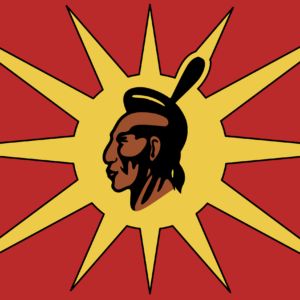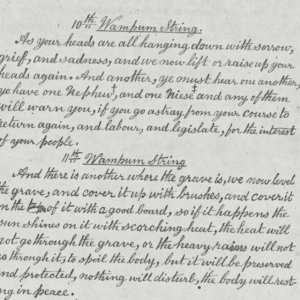
The Six Nations Elected Council (SNEC) put out a statement last week, confirming that the Six Nations Cannabis Law was passed by the council on February 25, 2019. However, the historic moment is being overshadowed by confusion and frustration about how SNEC got to that point.
At Tuesday’s General Council meeting Councillor Mark Hill raised concerns that there was a communications problem with the council being transparent with community members about the bill passing.
Several community meetings were held to get feedback on what the law would and should look like. There has been heavy debate on social media, some people raising jurisdictional issues of a Six Nations Cannabis Law that excludes the Haudenosaunee Confederacy Chiefs.
Other members of the community spoke out, not wanting a Cannabis industry in the community at all.
The consultations were long and intense. Feedback was gathered and four drafts of the law penned, the fourth eventually passing into law.
But what is what is the standard Six Nations process for making a law?
Later this year the Six Nations Elected Council will hold a referendum to approve the Six Nations proposed changes to the Election Code. There are also discussions of a referendum about residency coming, ahead of changes to membership with Bill S-3 on it’s way to Six Nations. Why was there no referendum on Cannabis at Six Nations?
The community had a referendum on whether or not to pursue a venture in a beer bottling company, the results of which were confusing. Though there were more ‘yes’ votes than ‘no’ votes the official announcement was that the project would not go forward.
So, who has clout here and who decides when a thing needs a referendum in this community? What is the Six Nations Elected Council policy on making laws? And with the announcement that the bill has passed, when will there be an update into the particulars of when things like permits come into effect?
We sent those questions to SNEC and have not received and answer, though they did confirm there is an answer on it’s way.
It is important in these times to be understanding with each other. This is a new industry and for the first time in history indigenous communities are entering into it at the same speed as other communities — albeit a little delayed because of political differences. But this is an important fact to respect.
Stepping out and articulating sovereignty by drafting a community led Cannabis law is good. It’s better than that, it’s monumental. But SNEC needs to take warning: all this good work can get lost quickly in a politically diverse community that can become polarized the minute someone perceives their voice has been slighted.
The unifying work done on the Cannabis law can evaporate in an instant if it seems like it was passed without general public knowledge that we as a community were at that stage of the game.






